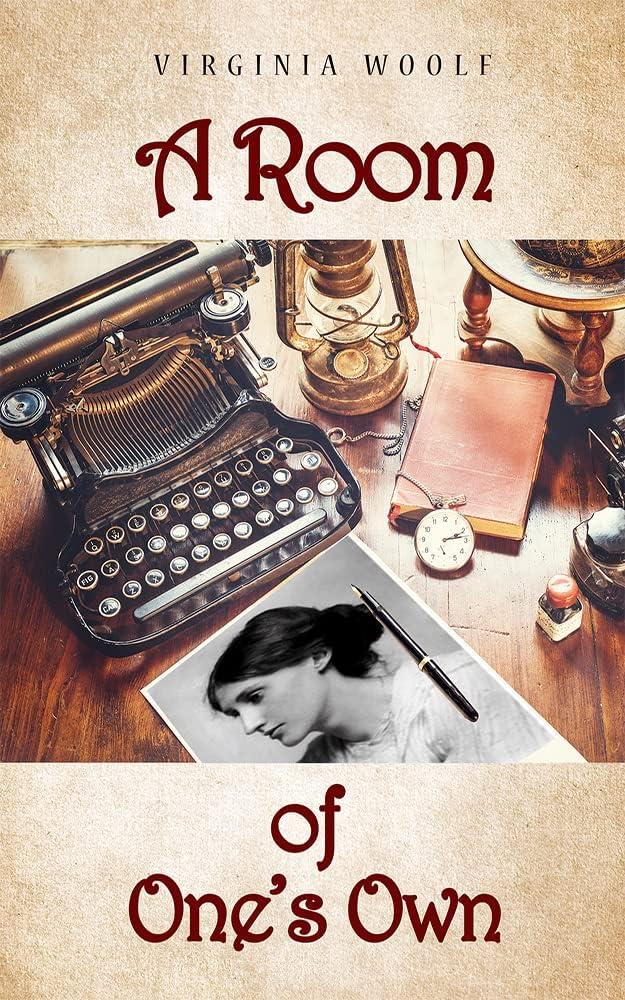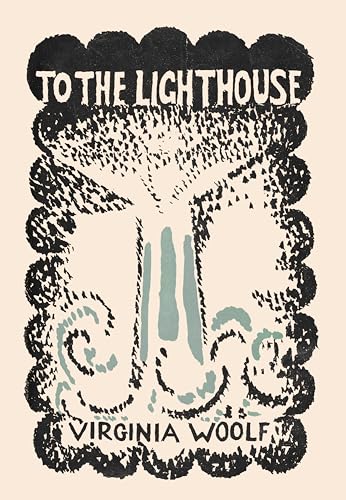In October 1928 Virginia Woolf was asked to deliver speeches at Newnham and Girton Colleges on the subject of 'Women and Fiction'; she spoke about her conviction that 'a woman must have money and a room of her own if she is to write fiction'. The following year, the two speeches were published as A Room of One's Own, and became one of the foremost feminist texts. Knitted into a polished argument are several threads of great importance - women and learning, writing and poverty - which helped to establish much of feminist thought on the importance of education and money for women's independence. In the same breath, Woolf brushes aside critics and sends out a call for solidarity and independence - a call which sent ripples well into the next century.
Virginia Woolf
Virginia Woolf was a prominent English writer and modernist literary figure. Known for her stream-of-consciousness writing style, she challenged traditional narrative structures and explored themes of gender, class, and mental health in her works. Some of her most notable works include "Mrs. Dalloway," "To the Lighthouse," and "Orlando." Woolf's contributions to literature include her innovative approach to character development and narrative technique, as well as her exploration of the inner lives of her characters. Her most famous work, "Mrs. Dalloway," is considered a masterpiece of modernist literature and a reflection of Woolf's unique literary voice. Woolf's impact on the literary genre is undeniable, as she paved the way for future generations of writers to experiment with form and style in their own works.




